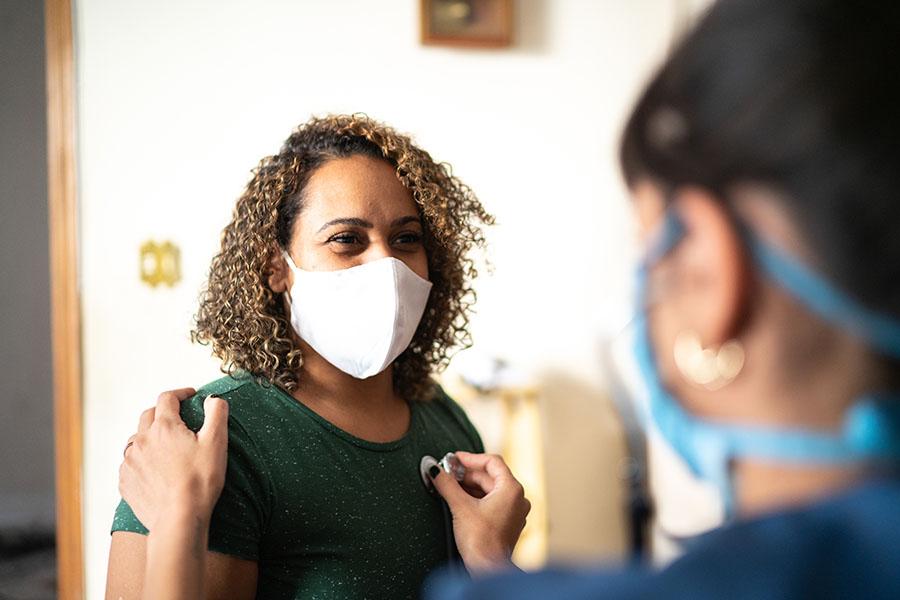What Is Gynecologic Cancer?
Gynecologic cancer refers to a group of cancers that affect the female reproductive system, including:
-
Cervical cancer, which develops on the surface or inside the narrow channel of the cervix, the passage that connects the uterus to the vagina
-
Endometrial cancer, which begins in the lining of the uterus (endometrium)
-
Ovarian cancer, which forms in the ovaries, the female reproductive glands that produce eggs
-
Uterine cancer, an uncommon cancer that forms in the muscles of the uterus
-
Vaginal cancer, which develops in the lining of the vagina
-
Vulvar cancer, which occurs in the skin or soft tissues of the external female genitals
Risk Factors
The causes of many types of gynecologic cancer are unknown, but may include:
-
Environmental factors, such as smoking or obesity
-
Excessive hormone exposure, estrogen (hormone) replacement therapy
-
Family history of gynecologic cancer
-
Genetic changes acquired over the course of a lifetime
-
Human papilloma virus (HPV) infection, which accounts for nearly all cervical cancers and some vulvar and vaginal cancers
-
Sexually transmitted infections (STIs/STDs), which may play a role in increasing the chances of developing cervical cancer
Symptoms
Symptoms vary depending on the type of gynecologic cancer and may be vague and non-specific (not necessarily due to cancer). They may include:
-
Abdominal, back or pelvic pain or pressure — cervical, endometrial/uterine, ovarian or vaginal cancer
-
Abnormal vaginal bleeding or discharge — cervical, endometrial/uterine, ovarian or vaginal cancer
-
Bloating or feeling of fullness — ovarian cancer
-
Itching, burning or skin changes — vulvar cancer
-
More frequent urge to urinate — ovarian or vaginal cancer
Treatment Options
Treatment options depend on the type and stage of gynecologic cancer, and may include:
-
Surgery — Surgery may be used to remove all or part of tumors or diseased organs.
-
Radiation therapy — High-energy cancer-destroying beams that may be delivered from outside the body or from a device placed internally (brachytherapy).
-
Chemotherapy — Anti-cancer drugs are taken by mouth, injected into the bloodstream, or infused into the abdominal cavity.
-
Precision therapies — Targeted therapy drugs pinpoint molecular weaknesses in cancer cells, while immunotherapy stimulates the body’s immune system to seek out and kill cancer cells.
Ready for an Appointment?
If you're experiencing signs or symptoms of gynecologic cancers, schedule an appointment or call 800-TEMPLE-MED (800-836-7536) today.
Learn more about our doctors and care team who diagnose and treat gynecologic cancers.

